Additional Resources
Additional Resources
The course introduces the concept of Sustainable Development and the recent debate and policies promoted at the global level to face urgent environmental and societal challenges. 17 Sustainable Development Goals, the SDGs, aiming at addressing ambitious sustainability challenges by 2030, are presented across the course program. The course concludes with a call for action to accelerate and demonstrate the active commitment of the HE community.
Introduction to the Sustainability series
This MOOC is part of the series on “Sustainability”, which is one of the world’s major challenges of today and tomorrow and requires multidisciplinary competences. The series provides technical knowledge on a variety of topics, such as sustainable building, energy transition, water management and food waste prevention.
See the full seriesCourse description
The course introduces the concept of Sustainable Development and the recent debate and policies promoted at the global level to face urgent environmental and societal challenges. 17 Sustainable Development Goals, the SDGs, have been promoted by the United Nations in 2015 aiming at responding to those global challenges by 2030. We all are called to transform our world toward a sustainable future, combating most of the inequalities and reducing the environmental impact of our societies. No one has to be left behind in this race, hence we need innovative solutions to address most of the SDGs on time and achieve these ambitious targets.
It is evident that Higher Education plays a major role in this challenge and has a big responsibility in driving the change. Educating future society leaders to sustainability is a must and has to permeate all aspects of your future career and personal life. We want our students to be ambassadors for a sustainable development.
Let’s start by creating knowledge and awareness on sustainability, discovering the richness and interdisciplinary connections that can be established among several topics, at least among the 17 SDGs. In the first week, the course introduces the main concepts and aims at giving back the transversal links existing among the goals. Along the next five weeks, the SDGs are presented, grouped according the 5Ps principles: people, prosperity, planet, peace and partnerships. Beside introducing the main concepts and definitions, we will accompany the SDG with practical examples, from research outcomes to on campus applications. Hence, a comprehensive picture of all the challenges will help you getting a holistic vision of the global challenges and position yourself with your theoretical and professional competences acquired through your study plan as part of the broad society. You will understand your potential contribution and societal mission; in short, you can make the difference towards a sustainable future!
Total workload of the course: 25 hours
This MOOC is provided by Politecnico di Milano.
Intended Learning Outcomes
By actively participating in this MOOC, you will be able to:
-
Build a solid foundation about the 17 SDGs, their interconnectedness, and the global challenges they address.
ESCO: sustainable development goals -
Understand how different parts of a system (economy, environment, society) interact and influence each other
to tackle interconnected SDG challenges.
ESCO: promote sustainability -
Interpret data related to the SDGs, including indicators and progress reports.
ESCO: global standards for sustainability reporting -
Analyse in parallel the goals related to poverty and hunger eradication, improving health and well-being,
promoting quality education, reducing gender inequalities and guaranteeing access to water resources,
placing people at the center (SDG 1–6).
ESCO: adhere to health well-being and safety, communicate about youth's well-being, community education, promote inclusion, manage health and safety standards -
Address economic sustainability as a crucial issue to achieve the goals, combating energy poverty,
guaranteeing decent work and responsible growth for all, improving infrastructure, fostering innovation,
and reducing inequalities.
ESCO: advise on sustainability solutions -
Highlight the urgent need to protect and restore our environment by achieving sustainable cities and communities,
assuring responsible consumption and circular economy, addressing climate change, and protecting life on land
and under water.
ESCO: applying environmental skills and competences, promote responsible consumer behaviour, analyse energy consumption -
Build a bird's-eye-view knowledge of the global and local partners working for the Agenda 2030
and potentially establish new connections.
ESCO: create cooperation modalities
Prerequisites
There are no prerequisites to take this course, but all of your personal experiences related to sustainability science and environmental and social commitment in general will be a useful starting point.
Activities
Over and above consulting the content, in the form of videos and other web-based resources, you will have the opportunity to discuss course topics and to share ideas with your peers in the Forum of this MOOC. The forum of this MOOC is freely accessible, and participation is not guided; you can use it to compare yourself with other participants, or to discuss course contents with them.
Assessment
Your final grade for the course will be based on the results of your answers to the assessed quizzes. You have an unlimited number of attempts at each quiz. You will have successfully completed the course if you score a total of 60% (or higher) in all assessed quizzes.
The maximum score possible for each quiz is given at the beginning of the quiz. You can view your score in the quiz on your last attempt or on the 'Grades' page.
Certificate
You can achieve a certificate in the form of an Open Badge for this course if you obtain at least 60% of the total score in the graded quizzes and complete the final survey.
Once you have completed the required tasks, you will be able to access ‘Get the Open Badge’ and start issuing the badge. Instructions on how to access the badge will be sent to your e-mail address.
The Badge does not confer any academic credit, grade or degree.
Information about fees and access to materials
You can access the course completely online and absolutely free of charge.
Course faculty
The course was carried out thanks to the contribution of various professors, who kindly offered their expertise on the various sustainability objectives. Hence, we are highly indebted with all the professors from UNIBO and POLIMI and the external contributors listed below. We remind you that all the lectures include the name and affiliation of the teacher.
The complete list of teachers and affiliation:
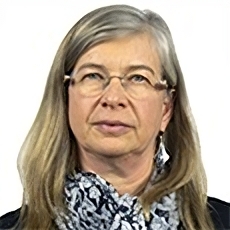
Laura Airoldi
Teacher
Associate professor of Ecology, Department of Biological, Geological, and Environmental Sciences, Alma Mater Studiorum - Università di Bologna.
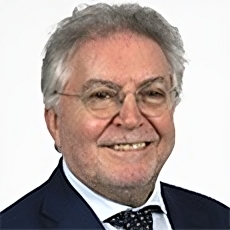
Gilberto Antonelli
Teacher
Professor of Economics, Department of Legal Studies, Alma Mater Studiorum - Università di Bologna.
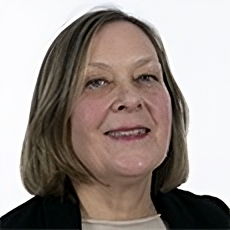
Paola Bellaviti
Teacher
Department of Architecture and Urban Studies, Politecnico di Milano.
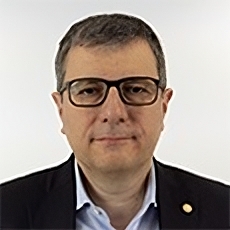
Alberto Bellini
Teacher
Associate Professor of Power Electronic Converters, Electrical Machines and Drives, Department of Electrical, Electronic, and Information Engineering "Guglielmo Marconi", and Director of First Cycle Degree of Electronics Engineering for Energy and Information, Alma Mater Studiorum - Università di Bologna.
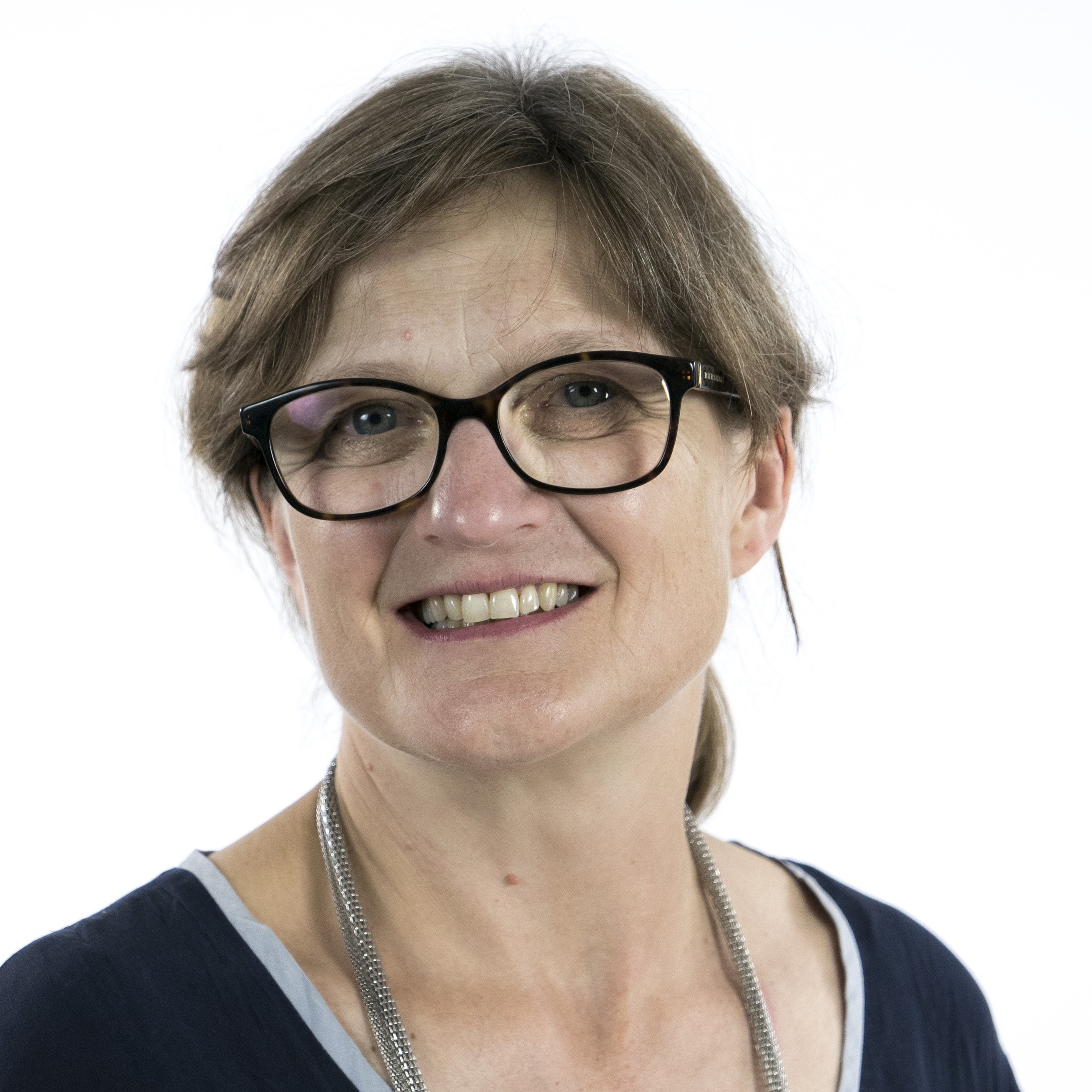
Alessandra Bonoli
Teacher
Associate Professor of Engineering of Raw Materials at Department of Civil, Chemical, Environmental, and Materials Engineering, Alma Mater Studiorum - Università di Bologna.
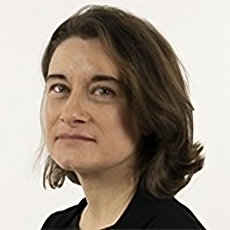
Alessandra Cappiello
Teacher
Expert in Methodological and procedural aspects of strategic environmental assessment and environmental impact assessment, Design of decision support tools for the environment and sustainable mobility, Evaluation of the environmental impacts of transport systems; Poliedra Consortium, Politecnico di Milano.
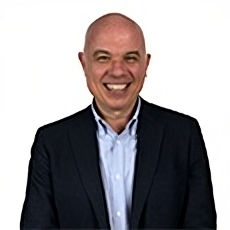
Renato Casagrandi
Teacher
Full professor of Ecology, Department of Electronics, Information and Bioengineering, Politecnico di Milano.
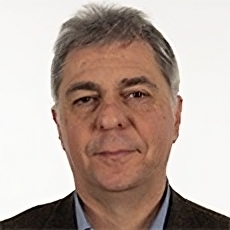
Stefano Caserini
Teacher
Department of Civil and Environmental Engineering, Politecnico di Milano.
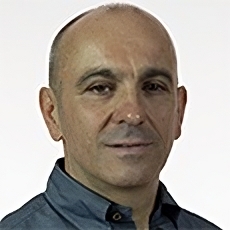
Alessandro Chiarucci
Teacher
Full Professor of Environmental and Applied Botany, Department of Biological, Geological, and Environmental Sciences; Director of Second Cycle Degree of Sciences and Management of Nature, Alma Mater Studiorum - Università di Bologna.
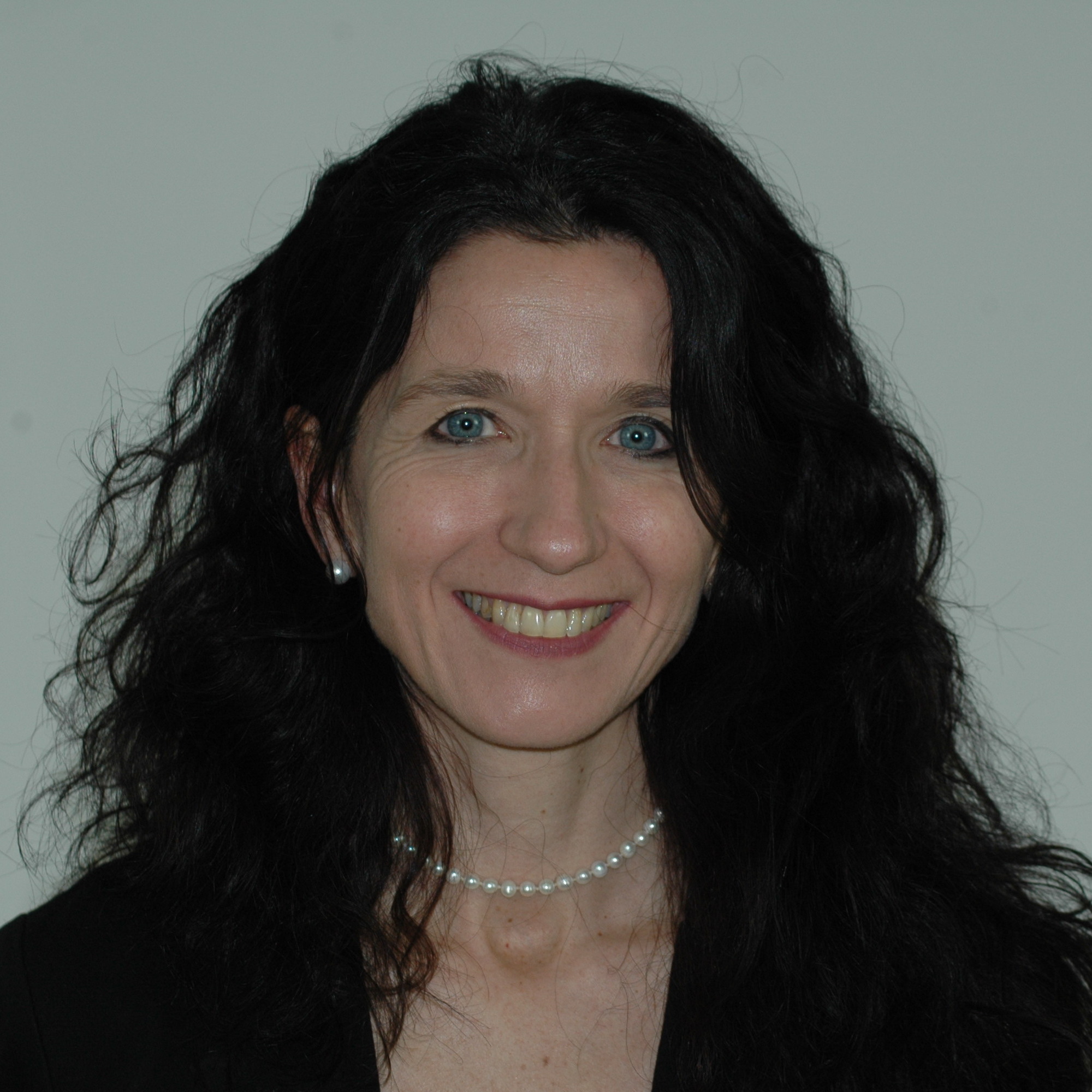
Emanuela Colombo
Teacher
Full professor of Thermal Engineering And Industrial Energy Systems, Department of Energy, and Rector's Delegate to cooperation and development, Politecnico di Milano.
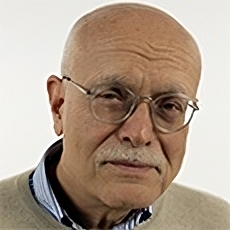
Alberto Colorni
Teacher
Professor of Decision Models, Department of Design; Director of Poliedra - Politecnico di Milano.
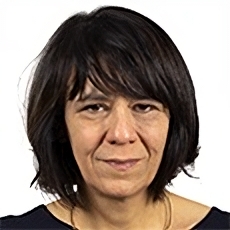
Chiara Elefante
Teacher
Full Professor of Language and Translation – French, Department of Interpreting and Translation, and Vice Rector for Human Resources, Alma Mater Studiorum - Università di Bologna.
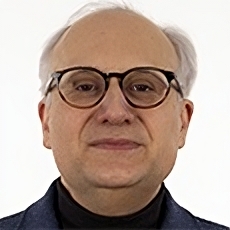
Fabio Fava
Teacher
Full Professor of Chemistry and Biotechnology of Fermentation, Department of Civil, Chemical, Environmental, and Materials Engineering, Alma Mater Studiorum - Università di Bologna.
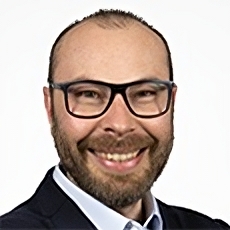
Luca Ferrari
Teacher
Senior assistant professor of Methodologies of Teaching and Special Education Department of Education Studies "Giovanni Maria Bertin", Alma Mater Studiorum - Università di Bologna.
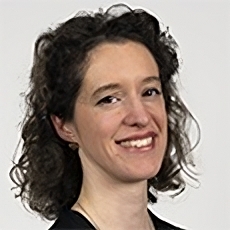
Valeria Friso
Teacher
Senior assistant professor of Methodologies of Teaching and Special Education, Department of Education Studies "Giovanni Maria Bertin", Alma Mater Studiorum - Università di Bologna.
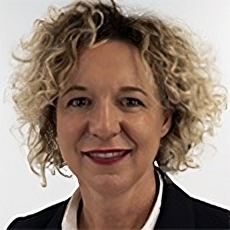
Tullia Gallina Toschi
Teacher
Full Professor of Food Science and Technology, Department of Agricultural and Food Sciences, Alma Mater Studiorum - Università di Bologna.
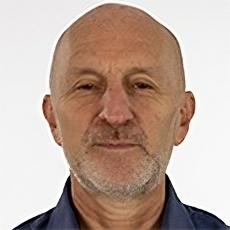
Alessandro Gargini
Teacher
Full Professor of Engineering Geology, Department of Biological, Geological, and Environmental Sciences, and Head of Department of Biological, Geological, and Environmental Sciences, Alma Mater Studiorum - Università di Bologna.
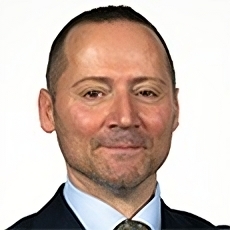
Nereo Landini
Teacher
Corporate Social Responsibility Manager.
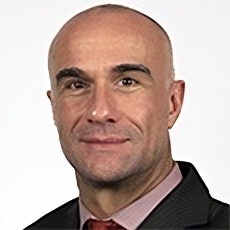
Pierangelo Metrangolo
Teacher
Full professor of Principles Of Chemistry For Applied Technologies, Department of Chemistry Materials and Chemical Engineering, Politecnico di Milano.
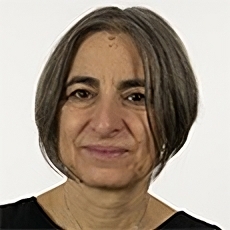
Anna Montini
Teacher
Assistant professor of Economics, Department of Economics, and Director of Second Cycle Degree of Resource Economics and Sustainable Development, Alma Mater Studiorum - Università di Bologna.
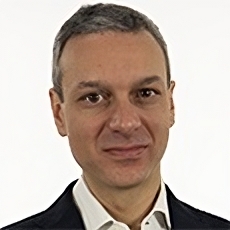
Eugenio Morello
Teacher
Associate professor of Urban And Regional Planning, Department of Architecture and Urban Studies, Politecnico di Milano.
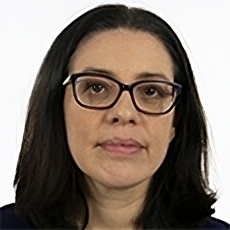
Rebecca Levy Orelli
Teacher
Associate Professor of Business Administration and Accounting Studies, Department of Management, Alma Mater Studiorum - Università di Bologna.
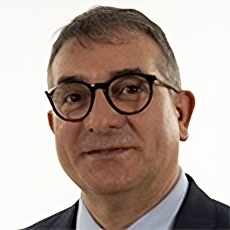
Angelo Paletta
Teacher
Associate Professor of Business Administration and Accounting Studies, Department of Management, Alma Mater Studiorum - Università di Bologna.
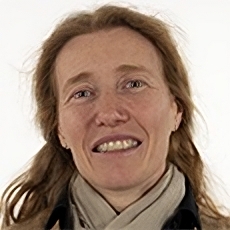
Eleonora Perotto
Teacher
University Sustainability Service, Politecnico di Milano.
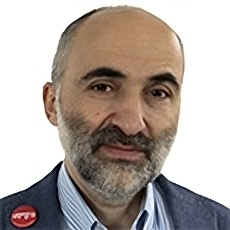
Paolo Pileri
Teacher
Full professor of Urban And Regional Planning, Department of Architecture and Urban Studies, Politecnico di Milano.
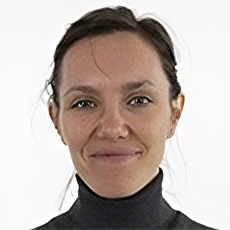
Francesca Recanati
Teacher
Lecturer, Sustainability and Life Cycle Assessment, Department of Electronics, Information and Bioengineering, Politecnico di Milano.
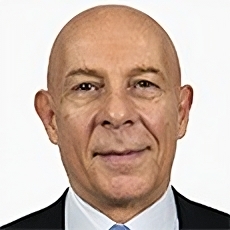
Giuseppe Resnati
Teacher
Full professor of Principles Of Chemistry For Applied Technologies, Department of Chemistry Materials and Chemical Engineering, Politecnico di Milano.
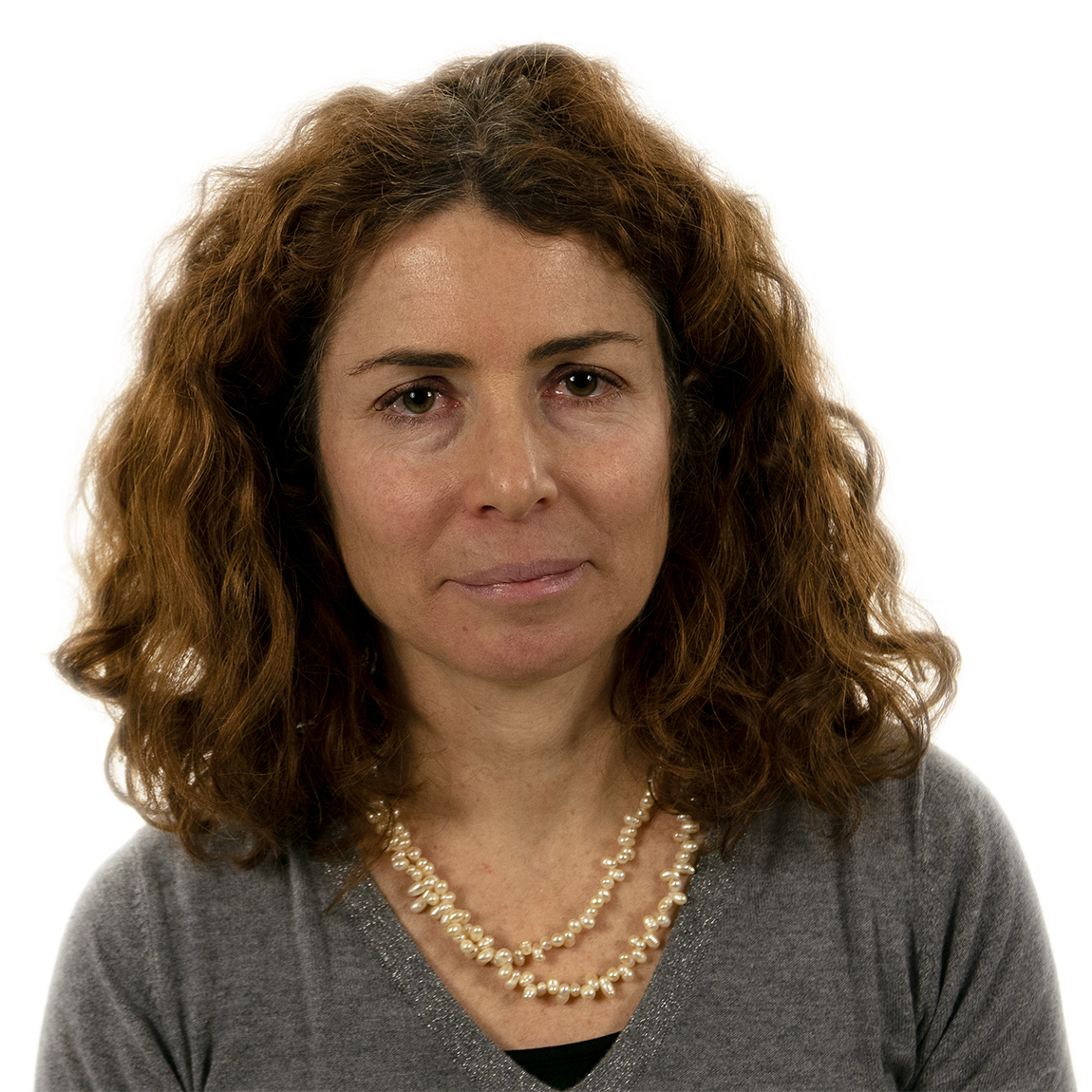
Lucia Rigamonti
Teacher
Researcher in Sanitary And Environmental Engineering, Department of Civil and Environmental Engineering, Politecnico di Milano.
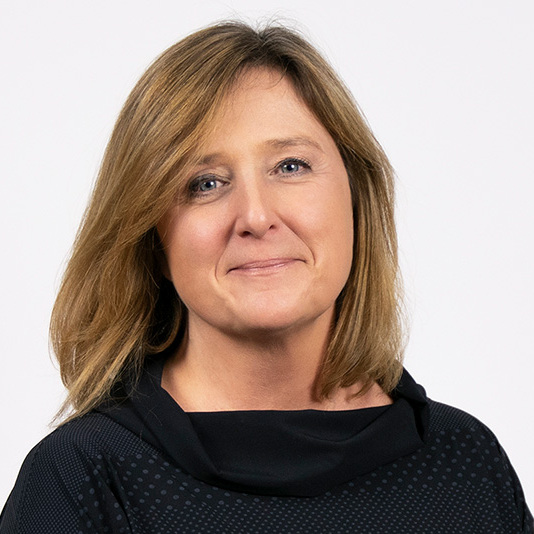
Susanna Sancassani
Teacher
Managing Director at METID (Metodi e tecnologie Innovative per la didattica) at Politecnico di Milano.
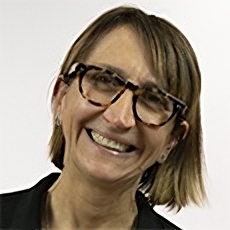
Alessandra Scagliarini
Teacher
Full Professor of Infectious Diseases of Domestic Animals, Department of Experimental, Diagnostic and Specialty Medicine - DIMES, andVice Rector for International Relations.
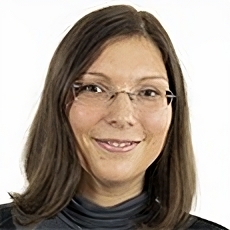
Benedetta Siboni
Teacher
Associate Professor of Business Administration and Accounting Studies, Department of Management, and Guarantee Committee for Equal Opportunities, Employee wellbeing and non-discrimination at work Chair, Alma Mater Studiorum - Università di Bologna.
Contact details
If you have any enquiries about the course or if you need technical assistance please contact pok@polimi.it. For further information, see FAQ page.